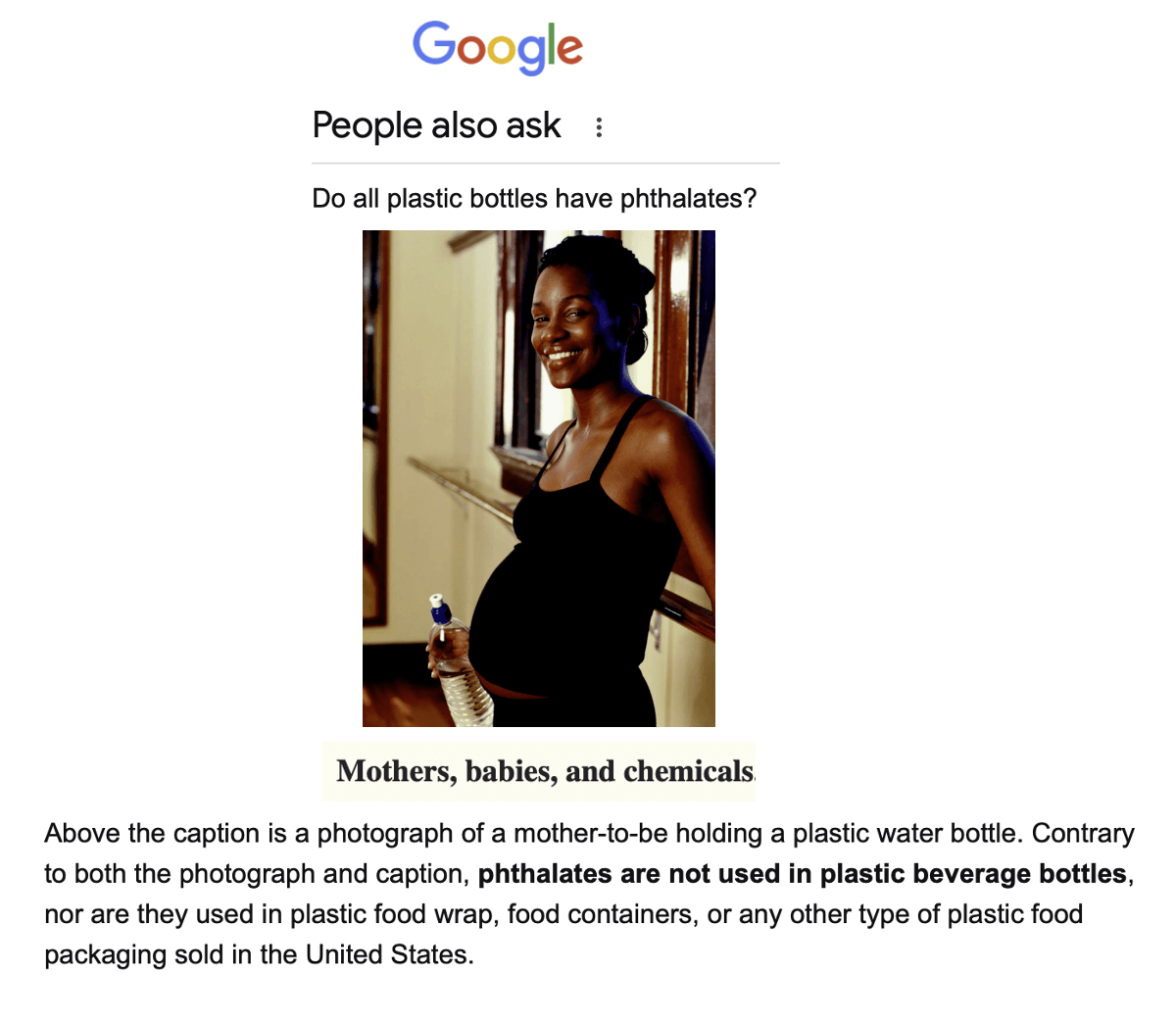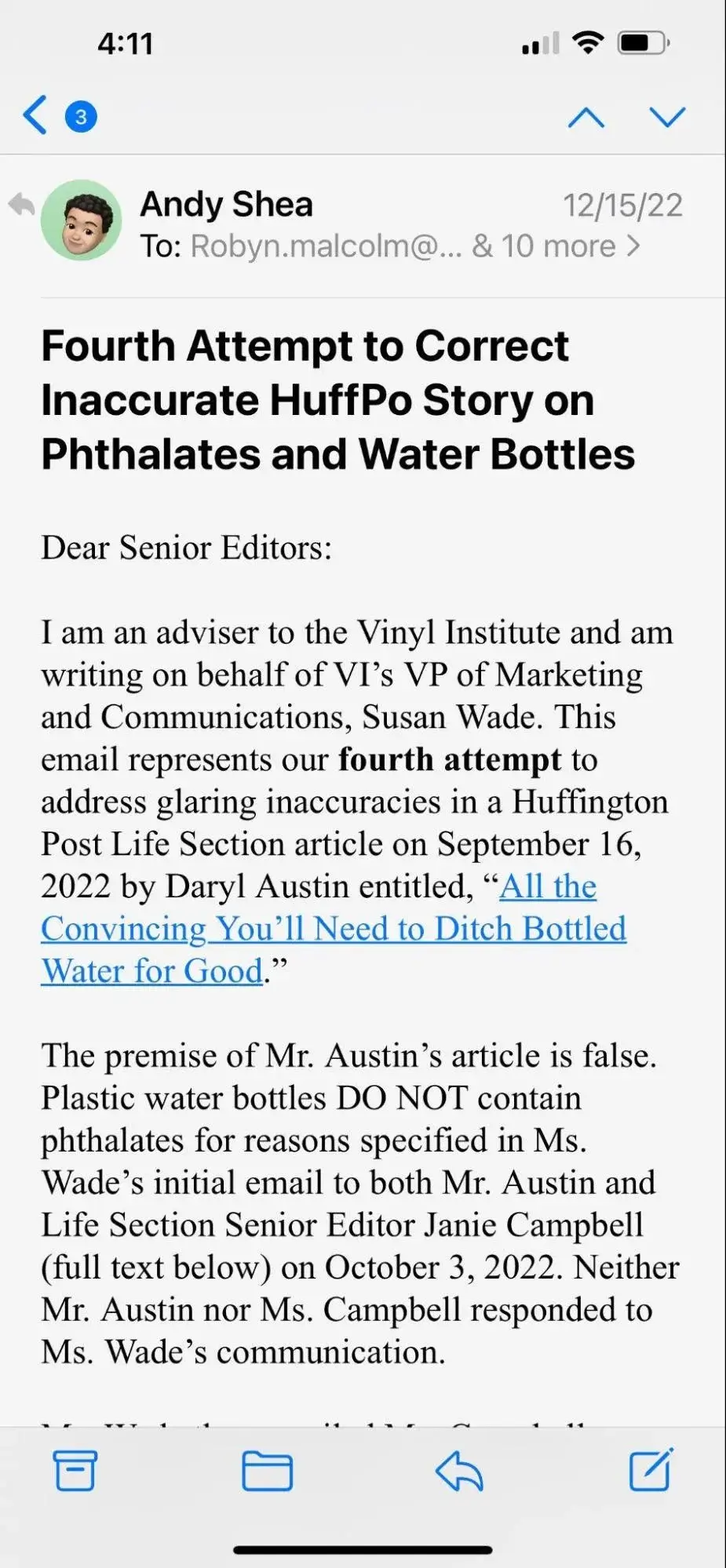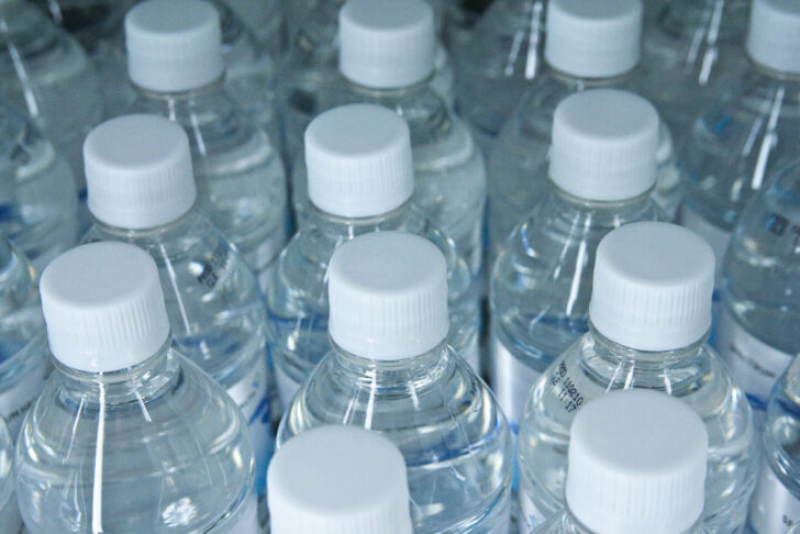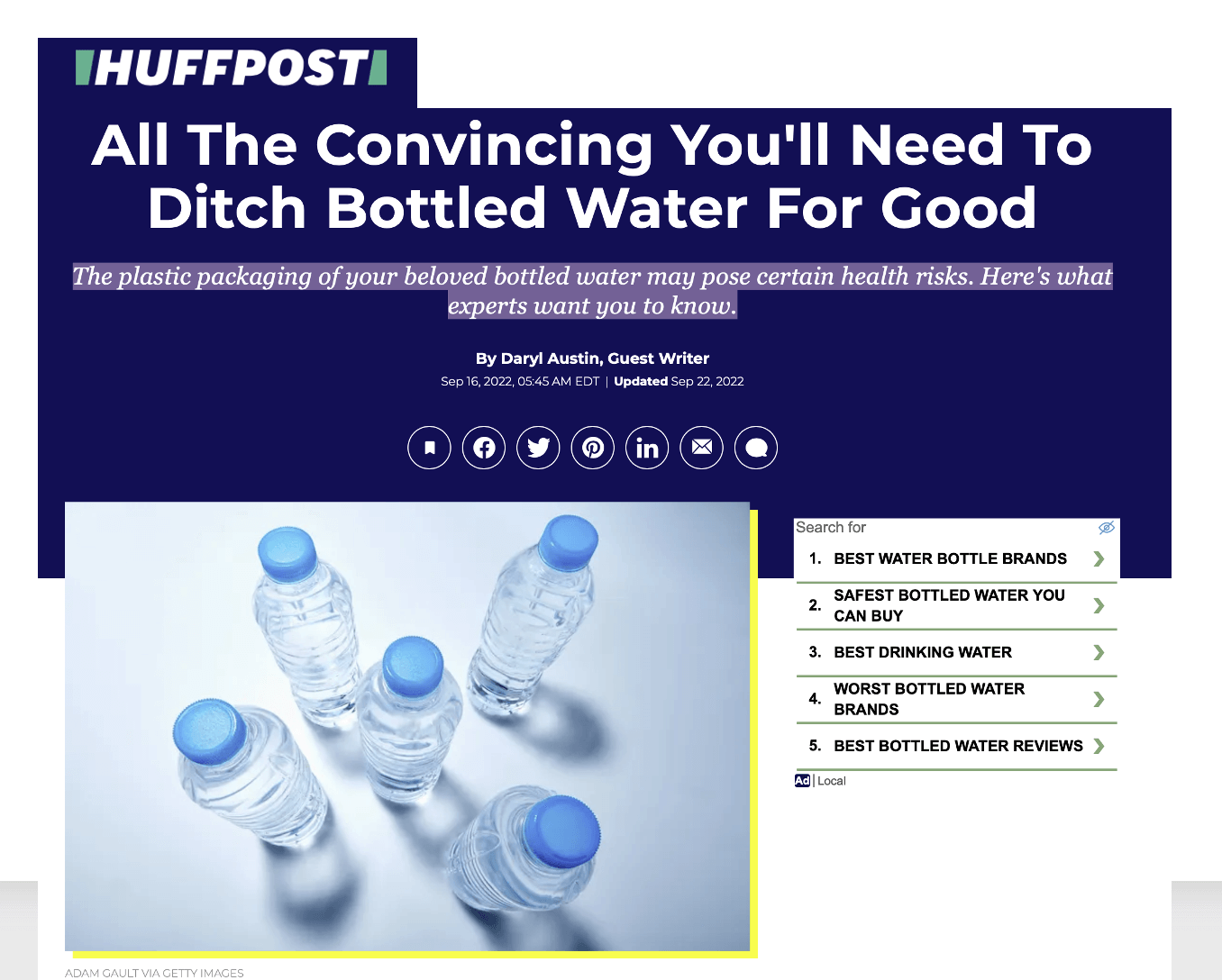We’ve often heard that economics is the “dismal science.” That phrase also seems like an apt description of claims used to attack a class of chemicals called “phthalates.”
“These harmful chemicals are lurking in countless products,” warns the environmental group Natural Resources Defense Council (NRDC). Following their lead, some newspapers known for their advocacy positions echo this view. “Phthalates are everywhere, and the health risks are worrying,” opines The Guardian (UK).
Alarming studies, augmented by sensationalist media headlines and environmental advocacy group commentaries, suggest that phthalates, used to make a wide variety of plastic products including medical devices, can disrupt our endocrine system and cause myriad health problems.
US oversight agencies take a different view.
According to the Environmental Protection Agency, “Several studies have shown associations between phthalate exposures and human health, although no causal link has been established.”
What’s the disconnect between activists and independent regulatory scientists? Limited human research is based on urine studies — one of the lowest rungs of toxicological science. They don’t show causation, just associations, which scientists say is problematic.
Our bodies have natural detoxification systems, so it’s no surprise that the Centers for Disease Control notes that while people are routinely exposed to plasticizers, “[f]inding a detectable amount of phthalate metabolites in urine does not mean the levels will cause harmful health effects” — a conclusion echoed by the state-of-the-art study of phthalate exposure.
Nevertheless, studies based on associations of questionable relevance have kicked phthalates and other so-called endocrine disrupting chemicals (EDCs) into the perceived chemical bad actors guild, often with the help of news outlets and social media platforms ignorant of the science and desperate for clicks and eyeballs.
HuffPost on phthalates: Courting clicks
A perfect example: this HuffPost story claiming that phthalates in plastic water bottles are potentially dangerous. That innocuous, disposable container you drink from might expose you to dozens of harmful chemicals, HuffPost asserts. The story, with the subtitle “The plastic packaging of your beloved bottled water may post certain health risks,” isn’t subtle.
Author Daryl Austin promises to tell you “what experts want you to know,” but his piece is littered with rudimentary scientific mistakes. He overlooks contrary evidence from credible experts at the CDC, EPA and the Food and Drug Administration (FDA), and independent global health agencies to construct a narrative that needlessly alarms his readers.
Phthalates in PVC
Before we go further, a bit of background is in order. Phthalates, a common family of chemicals used to soften hundreds of PVC (vinyl) products, have been employed safely for more than 45 years. These chemicals enhance the durability, flexibility and performance of many specialized products: blood bags, wire and cable jacketing, sports stadium roofing, traffic cones, and some types of packaging — to name just five flexible vinyl applications that contain phthalate “plasticizers.”
During this same timeframe, but much more so lately, phthalates have been scrutinized and otherwise maligned by some scientists and many environmental groups as causes of acute and chronic harm to human health.
While their use is regulated by multiple government agencies in the United States, all have concluded that when used as intended, currently employed phthalates do not pose significant risks. In a 2018 analysis of plasticizers used in common food-contact materials, FDA researchers concluded: “There have been no studies to date which show any connection between human dietary exposure to phthalates and adverse health effects.”
Challenged in a petition filed by the NRDC and other environmental groups to reassess that finding, the FDA re-reviewed relevant studies and denied the groups’ claims that phthalates pose demonstrable harm:
… [B]ased on the information currently available to FDA, we do not have a basis to conclude that dietary exposure levels from approved ortho-phthalates exceed a safe level.
Scientific evidence has not satisfied environmental groups, nor the misinformed journalists who enable them. They continue to ignore the findings of independent regulatory agencies while promoting questionable animal studies and epidemiological research GLP has previously critiqued. But there’s another fundamental problem in the HuffPost article…
…There are no phthalates in your water bottle
Although the author dedicates more than 530 words to the dangers of phthalate exposure — a contested conclusion to say the least — plastic water bottles do not contain phthalates at all — as a simple Google search confirms.

Plastic water bottles are typically manufactured from a polymer called polyethylene terephthalate (PET). This is the chemical nomenclature for a material you’re almost certainly familiar with — polyester — which is why recycled water bottles can be turned into threads used to manufacture shirts, tote bags, strapping materials and, of course, new water bottles.
Despite its name, PET is neither polyethylene nor a phthalate; nor does it contain phthalates. Austin is a journalist, not a chemist, so he can be forgiven for initially believing that a chemical with “terephthalate” in its name is a phthalate. But that was no excuse for HuffPost not fact-checking what turned out to be a grossly misleading story.
Remember that the headline misleadingly asserts that the story addresses “what experts want you to know.” Clearly the author never consulted any experts who would have corrected his misguided premise regarding phthalates and water bottles. This article should not have been written in the first place; after it was posted, and once HuffPost was informed of the mistake that invalidated the story’s premise, it should have been retracted.
This is doubly so because my organization, the Flexible Vinyl Alliance, and our colleagues at the Vinyl Institute, contacted HuffPost four times after the story was published requesting that they address all these errors. We reached out to seven HuffPost editors, including editor-in-chief Danielle Belton. We were ignored every time. Below is the fourth and final message we sent them, to no avail.

According to its About Us page, HuffPost:
… endeavors to be accurate in its reporting, transparent and thorough in its sourcing, and fair and independent in its analysis. … HuffPost works to correct any misstatements in a timely manner, with a correction note appended to the bottom of an article to indicate what has been fixed and how.
Those standards are admirable in theory, but they need to be applied. Credible news organizations take the necessary time to fact-check their articles before they publish. And they don’t dodge repeated attempts to help them correct inaccuracies so that readers aren’t misled. On this issue, at least, that does not describe HuffPost.
Kevin D. Ott is the executive director of the Flexible Vinyl Alliance (FVA). Follow FVA on LinkedIn and visit their website.
































